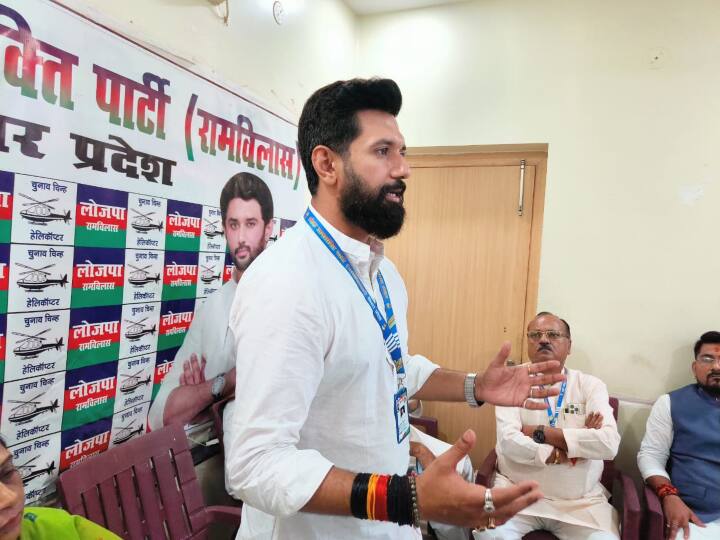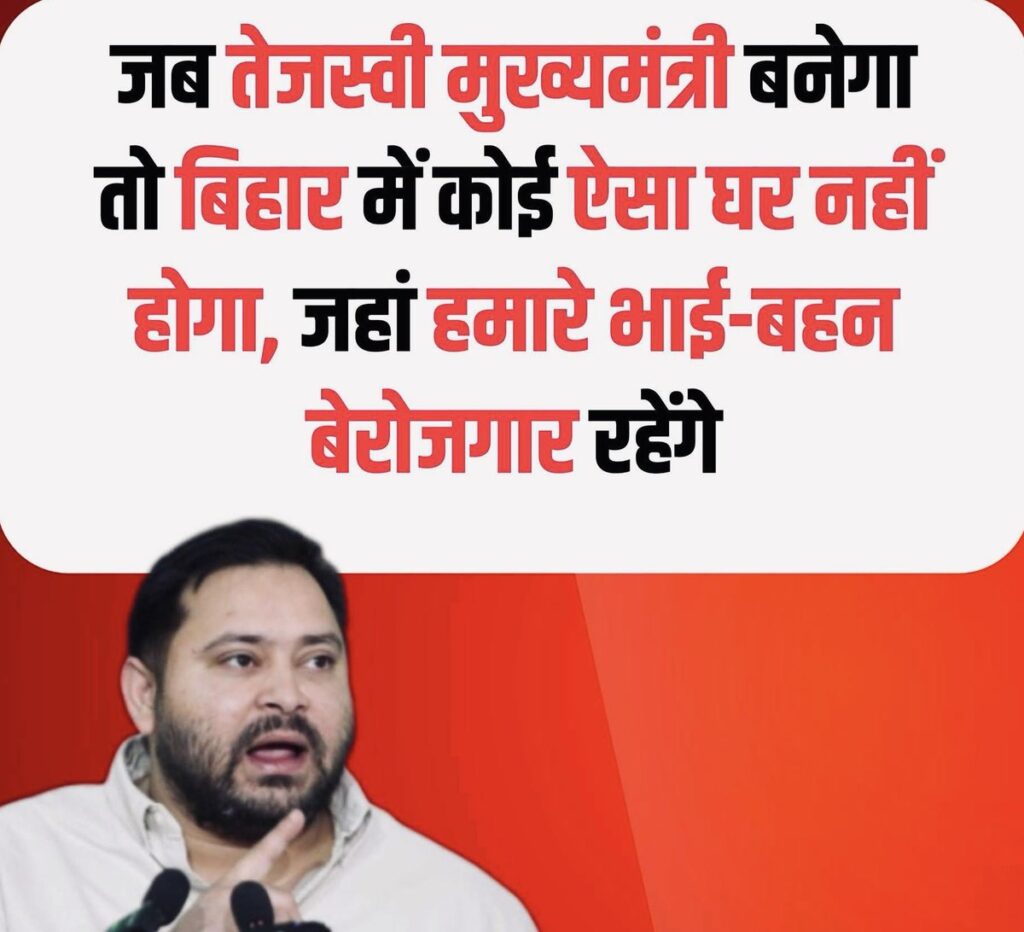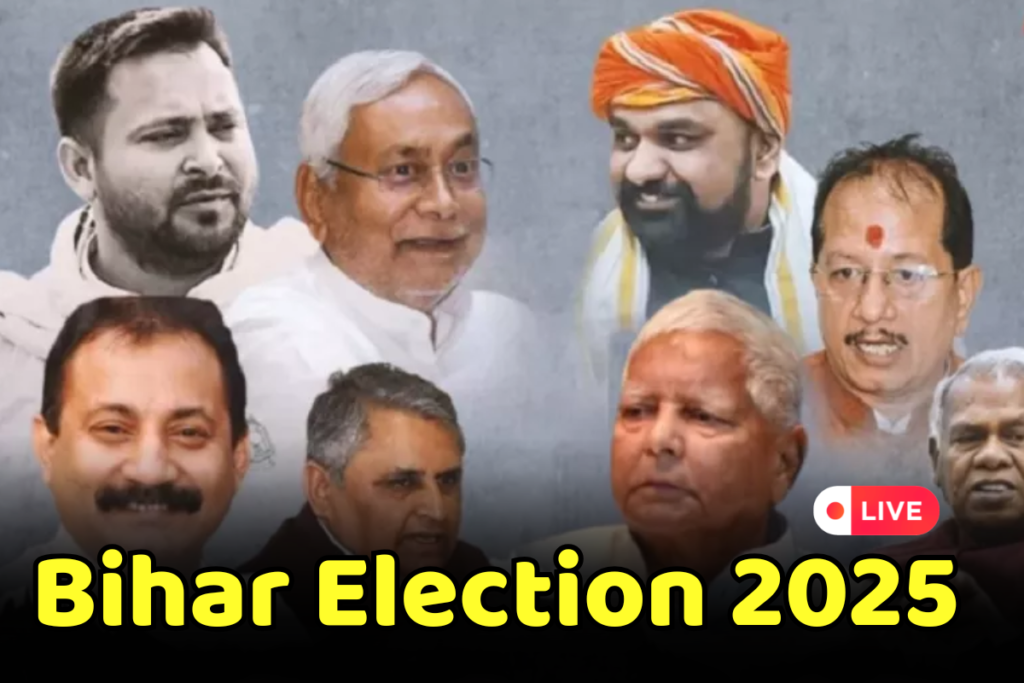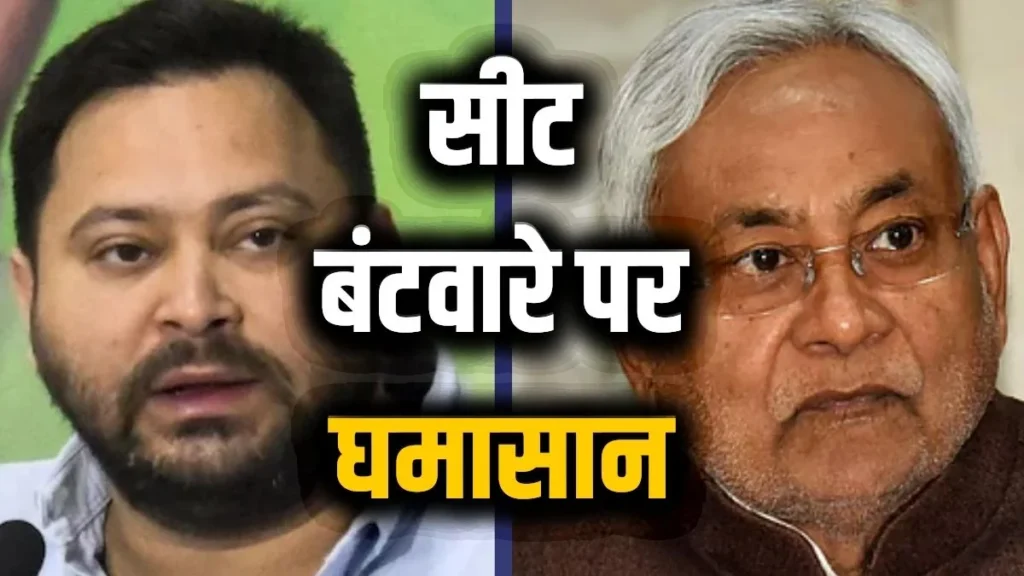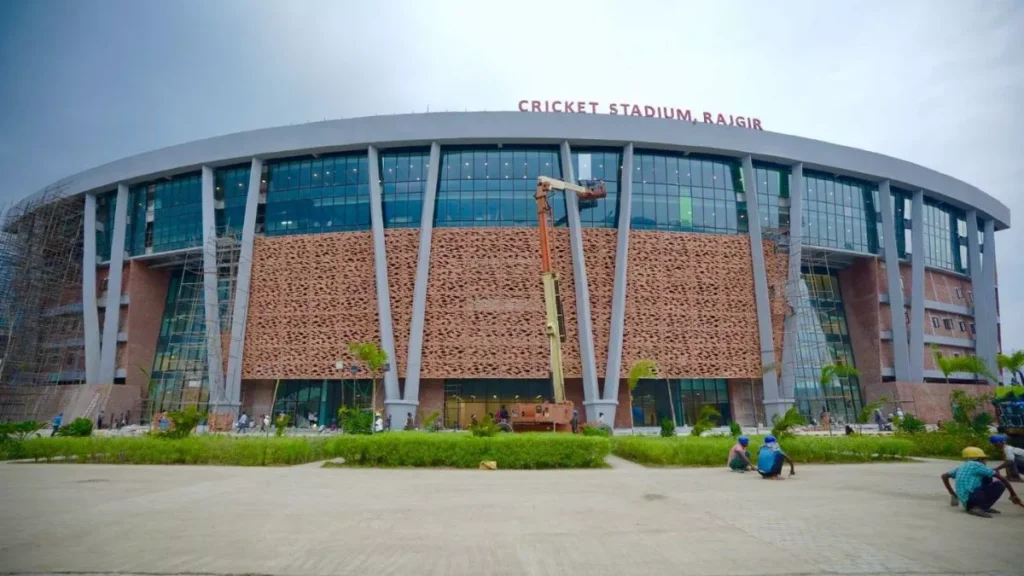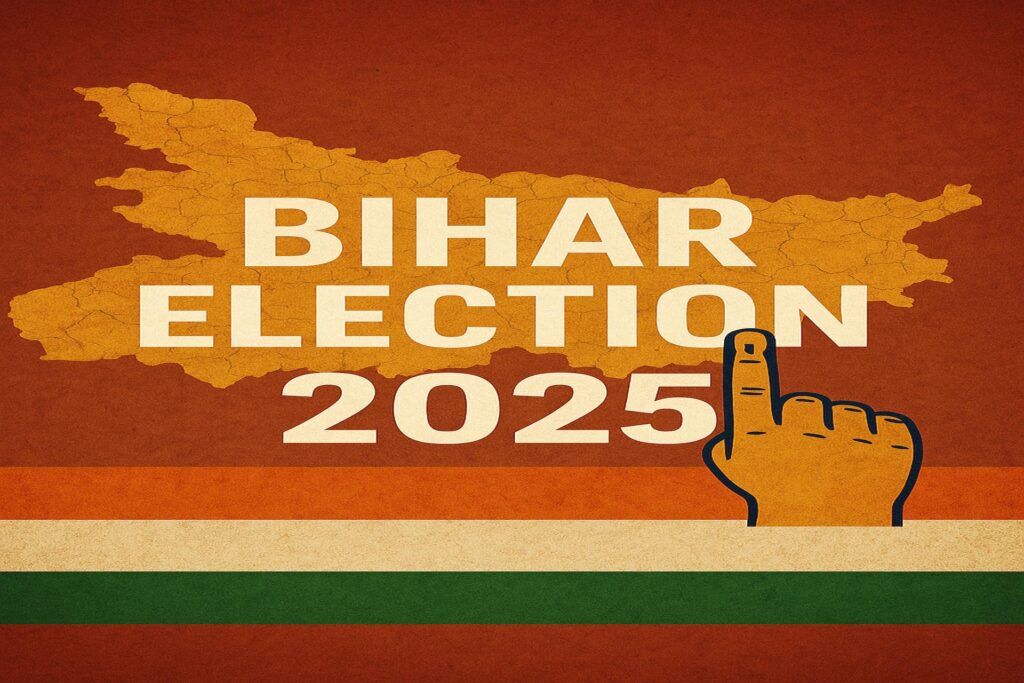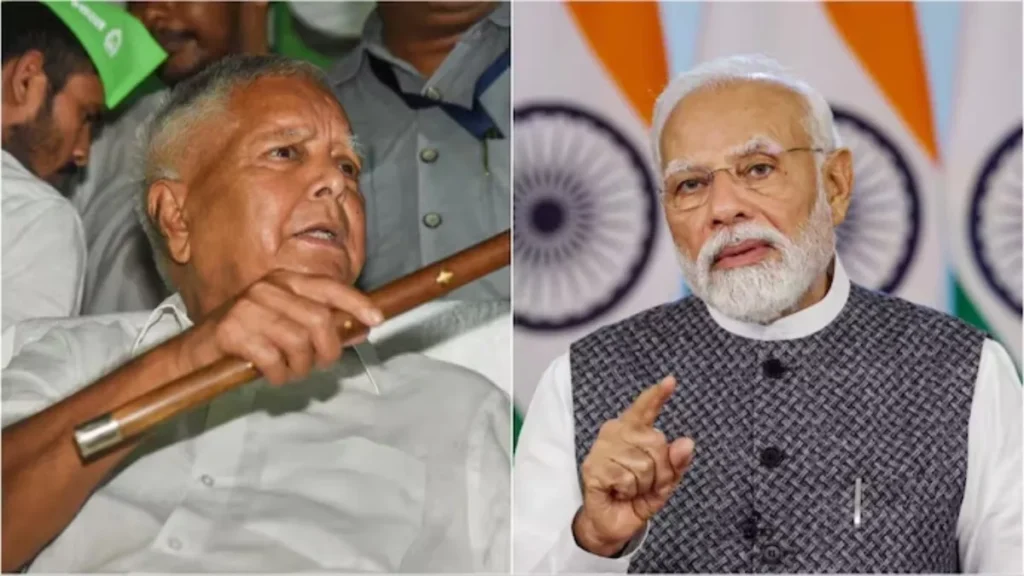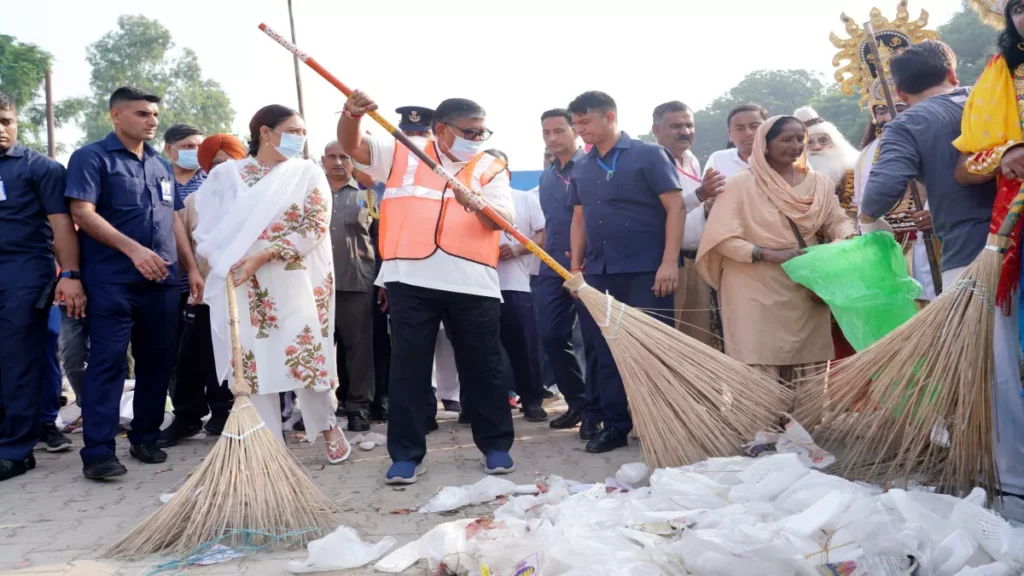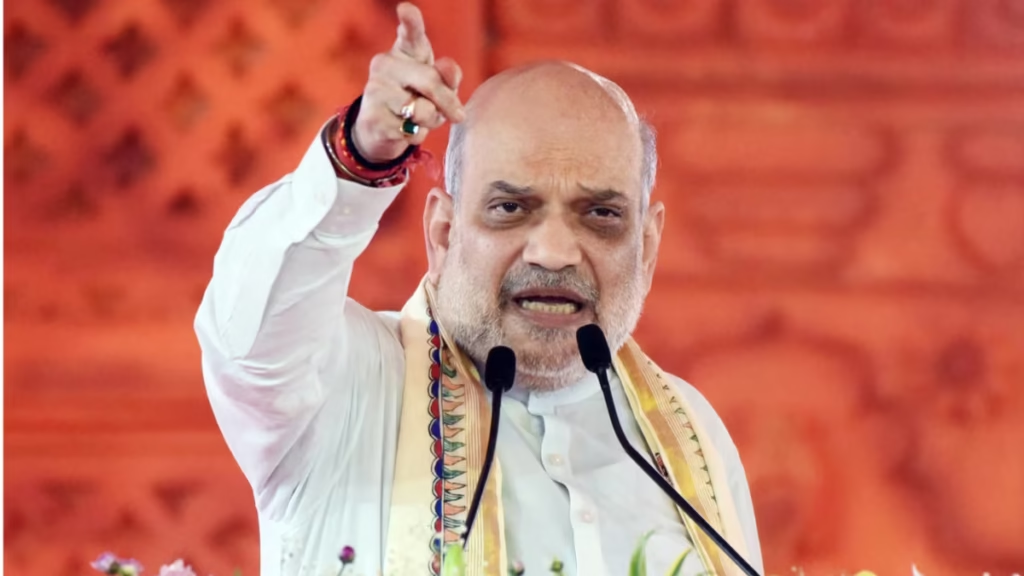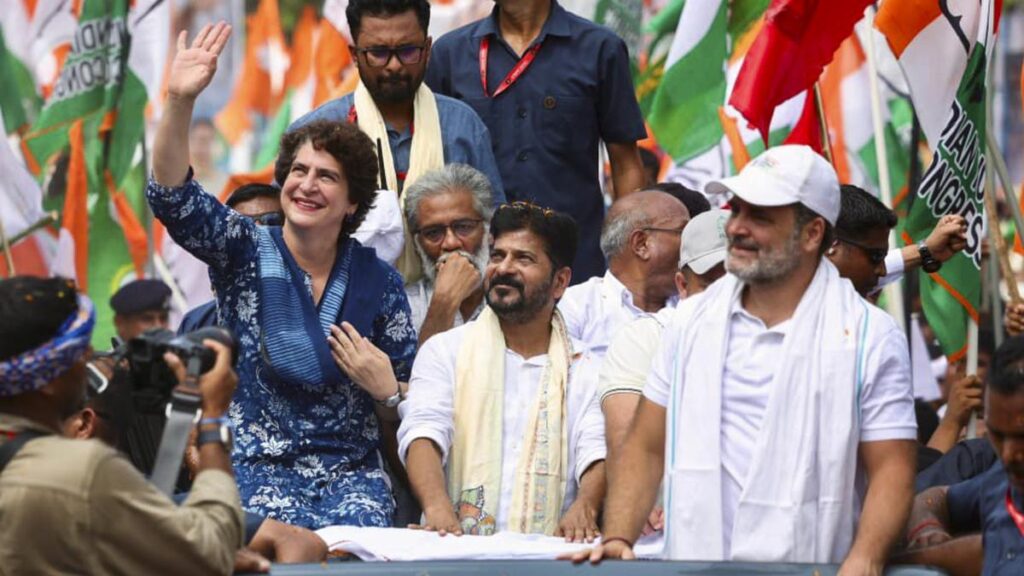Mumbai Blast 2006: Justice on Hold Supreme Court Suspends Blast Acquittal
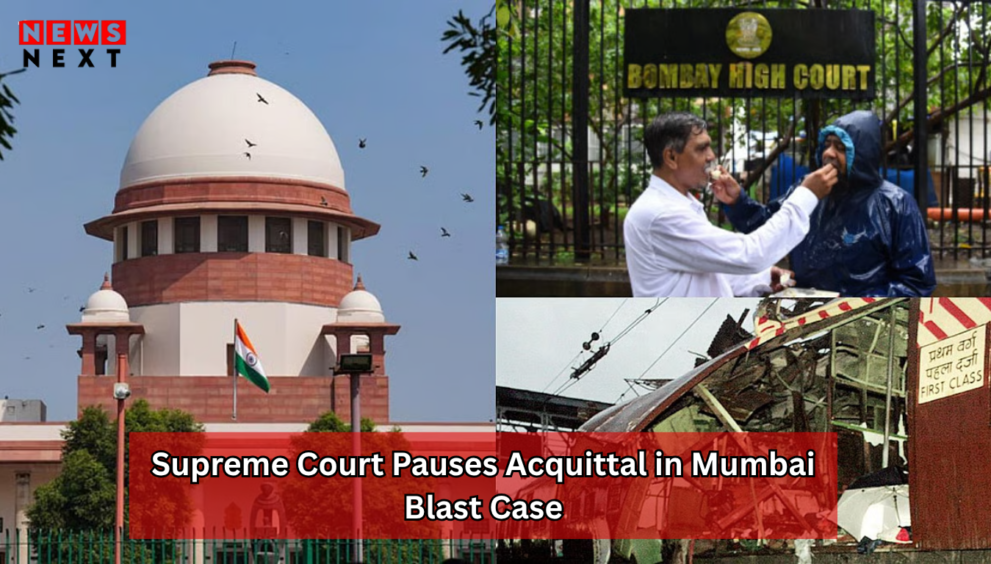
Mumbai Blast 2006 case has taken a new legal turn as the Supreme Court of India halted the Bombay High Court’s order acquitting several accused. Despite the stay, the top court clarified that the accused will not be re-arrested at this stage. This decision comes amid widespread public and legal debate over the fairness and finality of the earlier acquittal. The 2006 Mumbai train blasts were among the deadliest attacks in India, claiming over 180 lives. The apex court’s intervention has reignited national attention on the case, raising questions about justice, delay in legal proceedings, and victims’ rights.
Mumbai Blast 2006: A Tragic Chapter in India’s History
The Mumbai Blast 2006 refers to a series of coordinated bomb explosions that occurred on July 11, 2006, across Mumbai’s suburban railway network. The attacks killed over 180 people and injured more than 800, making it one of the deadliest terror strikes in Indian history. The incident shocked the nation and led to a massive investigation by the Anti-Terrorism Squad (ATS). Several individuals were arrested and prosecuted under the Maharashtra Control of Organised Crime Act (MCOCA), leading to convictions years later. The case became a symbol of India’s long legal battles against terrorism.
Supreme Court Halts High Court Acquittal
In a recent legal development, the Supreme Court of India put a temporary stay on the Bombay High Court’s order that had acquitted some of the accused in the Mumbai Blast 2006 case. The apex court’s decision came after a plea challenged the acquittal, citing concerns over procedural flaws and the potential miscarriage of justice. However, the court made it clear that the accused would not be re-arrested during the course of the proceedings, triggering debate among legal experts and victims’ families about the implications of such a move.
Why the Acquittal Sparked National Attention
The acquittal order by the Bombay High Court had surprised many, as it overturned years of investigation and court trials that had initially led to convictions. In the Mumbai Blast 2006 case, several accused had been sentenced to life imprisonment or death. The High Court’s reversal raised questions about evidence, witness credibility, and investigative methods. With the Supreme Court now stepping in, public attention has returned to whether justice was truly served or compromised due to weak prosecution or systemic loopholes.
Victims’ Families Caught Between Hope and Uncertainty
For families of the victims of the Mumbai Blast 2006, the Supreme Court’s decision is both a relief and a source of renewed pain. While many welcome the stay on the acquittal, others express frustration over the prolonged legal delays and the lack of closure even after 18 years. Several families have come forward demanding a re-investigation and stricter scrutiny of evidence, arguing that justice delayed is justice denied. Their voices have become central to the larger discourse on how India handles terror-related trials and victim compensation.
What Lies Ahead in the Mumbai Blast 2006 Legal Battle
The next phase of the Mumbai Blast 2006 case will now unfold in the Supreme Court. Legal analysts suggest that the apex court may conduct a thorough review of the High Court’s judgment, assess the admissibility of fresh evidence, and possibly reconsider the original sentences. Meanwhile, the decision not to re-arrest the acquitted accused has sparked legal curiosity — highlighting the court’s intent to maintain balance between individual liberty and the demands of justice. The case will continue to test India’s legal framework in dealing with terrorism and delayed justice.
Legal and Political Reactions to the Supreme Court’s Move
The Supreme Court’s intervention in the Mumbai Blast 2006 case has triggered a wave of reactions across legal and political circles. Legal experts are divided—some argue the stay on the acquittal restores faith in the judicial review process, while others believe it complicates an already delayed trial. Politicians have also weighed in, with opposition parties questioning the original investigation and prosecution quality, and some ruling party leaders supporting the Supreme Court’s cautious approach. Human rights activists have emphasized the need for balancing justice with human dignity, especially since the accused will not be re-arrested despite the stay, raising concerns about the long-standing gaps in India’s anti-terror legal framework.

